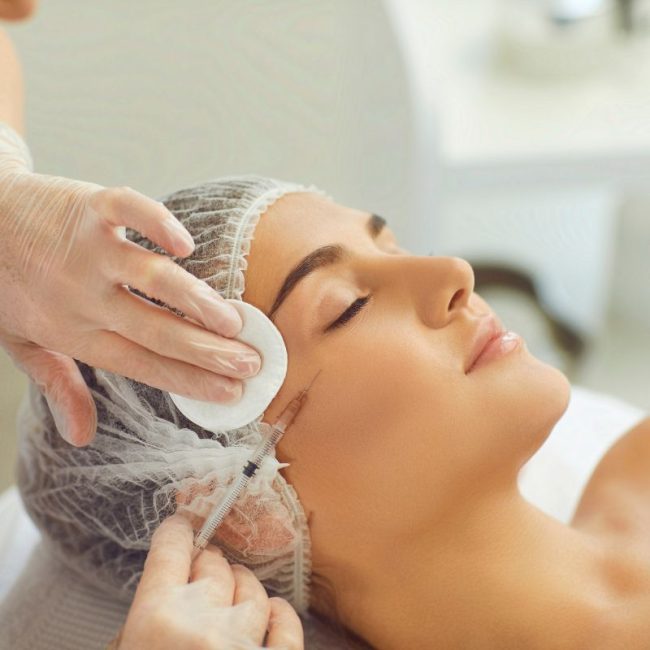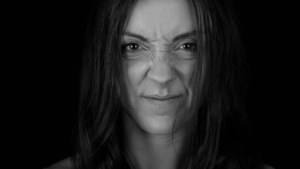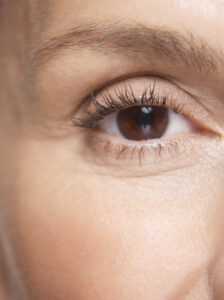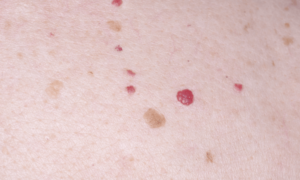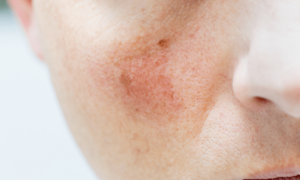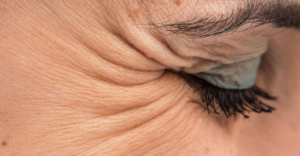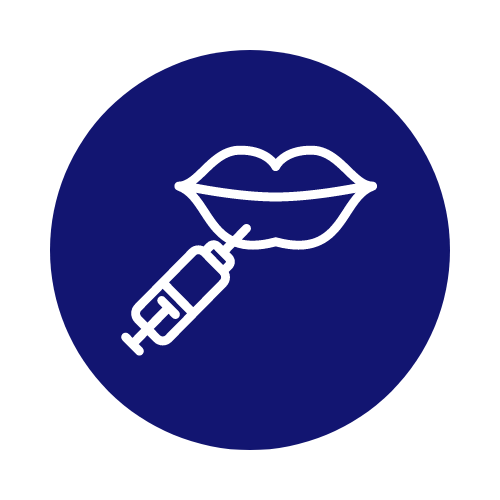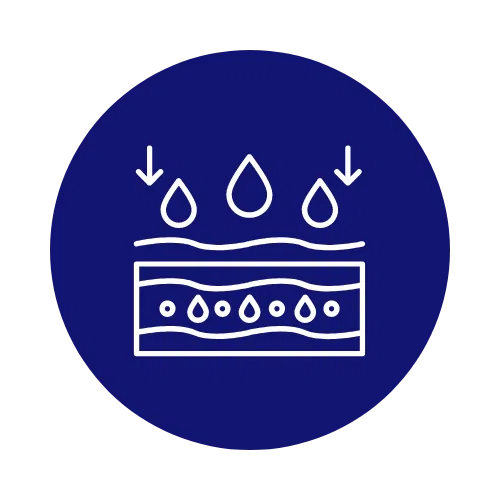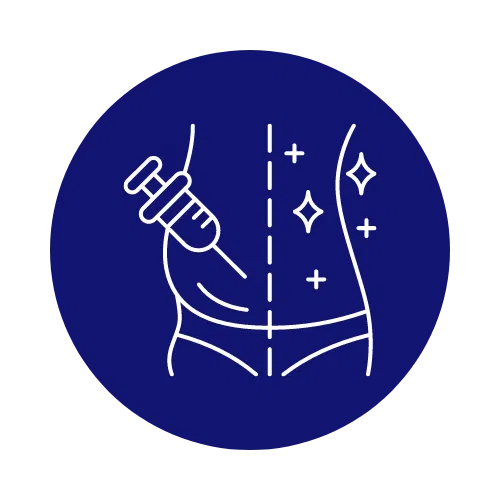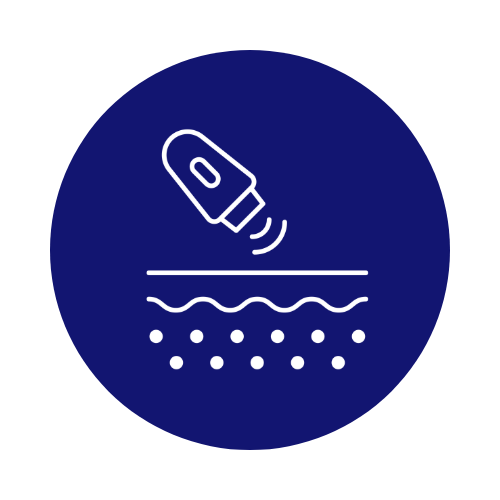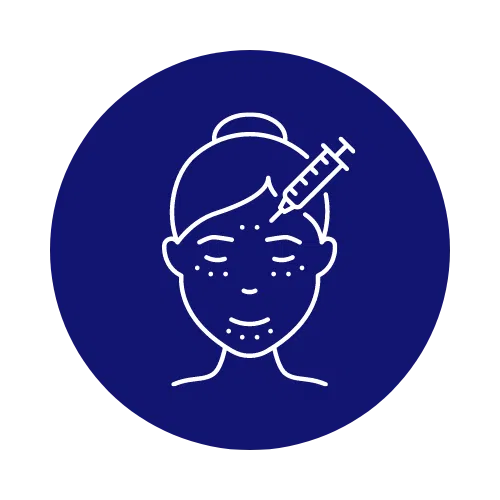Teeth grinding, also known as bruxism, is a common dental issue affecting millions worldwide. This involuntary habit of clenching and grinding teeth, often during sleep, can lead to various dental problems and most notably impact one’s overall quality of life.
While there are several treatments available to manage teeth grinding, one unexpected solution gaining popularity is Botox.
In this article, we will explore how Botox can be an effective solution for teeth grinding, its benefits, potential side effects, and what to expect if you try it.
Understanding Teeth Grinding (Bruxism)
What Is Teeth Grinding?
Teeth grinding, or bruxism refers to the habit of grinding or clenching of teeth, usually during sleep. It is a common condition, affecting both children and adults.
While occasional teeth grinding may not cause significant harm, chronic and severe cases can lead to various dental and health issues.
Causes of Teeth Grinding
The exact cause of teeth grinding is not clear, but it is believed to be a combination of factors, including:
- Stress and Anxiety: High stress and anxiety levels can contribute to teeth grinding, as the tension in the jaw muscles can lead to clenching and grinding.
- Misaligned Teeth: Irregularities in the way the upper and lower teeth fit together (malocclusion) can increase the likelihood of grinding.
- Medications: Some medications, such as certain antidepressants and stimulants, have been linked to bruxism as a side effect.
- Lifestyle Factors: Alcohol consumption, smoking, and excessive caffeine intake may exacerbate teeth grinding.
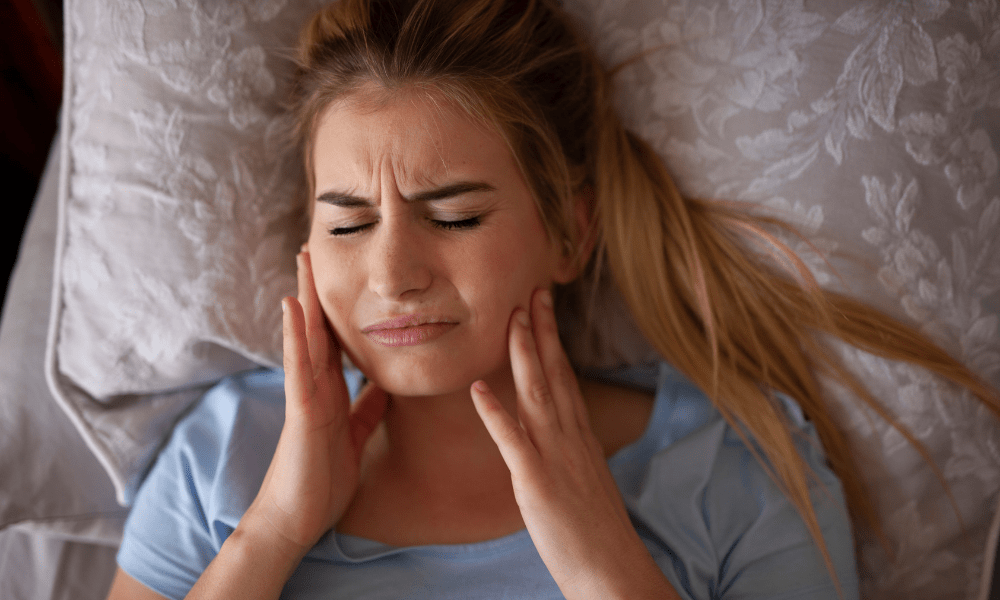
The Role of Botox in Treating Teeth Grinding
What Is Botox?
Botox, short for botulinum toxin, is a neurotoxin produced by the bacterium Clostridium botulinum.
It is well-known for its cosmetic use in reducing wrinkles and fine lines by temporarily paralysing specific facial muscles.
However, Botox also has therapeutic applications, including the treatment of medical conditions like chronic migraines, muscle spasms, and even teeth grinding.
How Does Botox Work for Teeth Grinding?
When used to treat bruxism, Botox is injected into the jaw muscles, specifically the masseter and temporalis muscles. These muscles are responsible for the powerful clenching and grinding motions of the jaw. By injecting Botox into these muscles, their activity is temporarily reduced, leading to:
- Muscle Relaxation: Botox relaxes the jaw muscles, preventing them from contracting forcefully, which reduces the intensity of teeth grinding.
- Pain Relief: The relaxation of these muscles can alleviate the associated jaw pain and headaches commonly experienced by bruxism sufferers.
The Benefits of Botox for Teeth Grinding
Pain Relief
Non-Invasive Treatment
Long Lasting Results
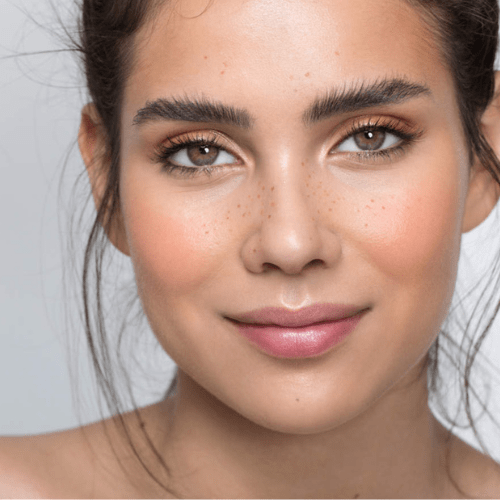
The Botox Procedure for Teeth Grinding
Consultation
Injection Procedure
Recovery and Results
Potential Side Effects
While Botox is generally safe when administered by a qualified healthcare provider, there can be some side effects to be aware of. Common side effects include:
- Temporary Weakness: The relaxation of muscles can result in temporary weakness or difficulty chewing solid foods.
- Injection Site Bruising: Some patients may experience mild bruising or redness at the injection site, which usually resolves within a few days.
- Headache: In some cases, patients may experience mild headaches after the procedure, but this is usually temporary.
It’s important to discuss any concerns or potential side effects with your healthcare provider during the consultation.
Is Botox for Teeth Grinding Right for You?
Who Is a Suitable Candidate?
- Have been diagnosed with bruxism by a healthcare professional.
- Have not responded well to other treatments, such as dental appliances.
- Are looking for a non-invasive solution to reduce teeth grinding and associated symptoms.
Who Should Avoid Botox for Teeth Grinding?
- Have certain medical conditions or allergies that contraindicate the use of Botox.
- Are pregnant or breastfeeding.
- Have a history of adverse reactions to Botox.
Final Thoughts
Botox for teeth grinding offers the promise of a more comfortable and pain-free life for those who have been struggling with this condition. With proper guidance and care from a healthcare provider, you can explore this innovative approach to managing bruxism and enjoy the benefits of a relaxed jaw and improved quality of life.
Ready to Say Goodbye to Teeth Grinding?
Book Your Botox Consultation at Eden Medical Clinic Today and Embrace a More Comfortable, Pain-Free Life.
Book NowBotox for Bruxisum FAQs
Botox, short for botulinum toxin, is a neurotoxin that can be used to treat teeth grinding (bruxism). When injected into the jaw muscles, Botox temporarily relaxes them, reducing the intensity of teeth grinding and associated symptoms.
Botox has been shown to be effective in reducing the frequency and intensity of teeth-grinding episodes. Many patients experience significant relief from bruxism-related symptoms after Botox treatment.
Common side effects of Botox for teeth grinding may include temporary weakness in the jaw muscles, mild bruising at the injection site, and occasional headaches. However, these side effects are typically mild and short-lived.
Botox treatment for teeth grinding is suitable for individuals who have been diagnosed with bruxism, have not responded well to other treatments, and are looking for a non-invasive solution to reduce teeth grinding and associated symptoms.
The effects of Botox treatment for teeth grinding typically last several months, with most patients experiencing relief for an extended period. However, individual results may vary, and periodic follow-up treatments may be necessary to maintain the benefits.

